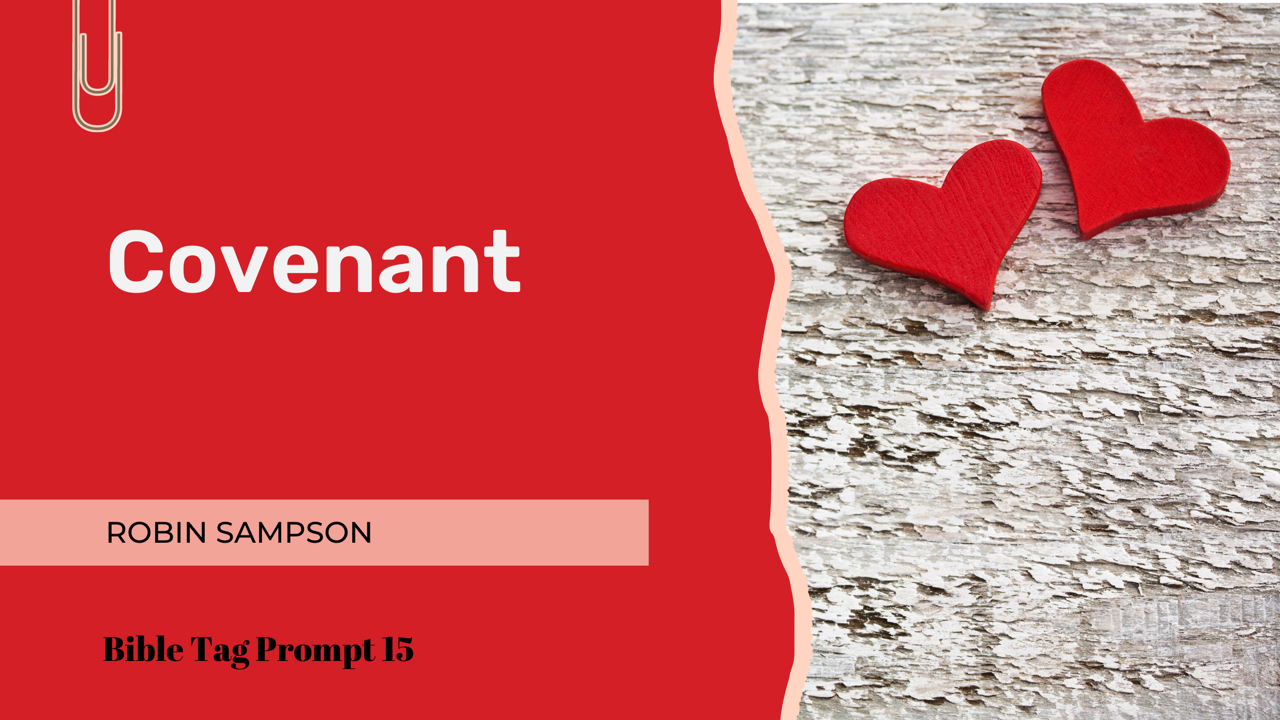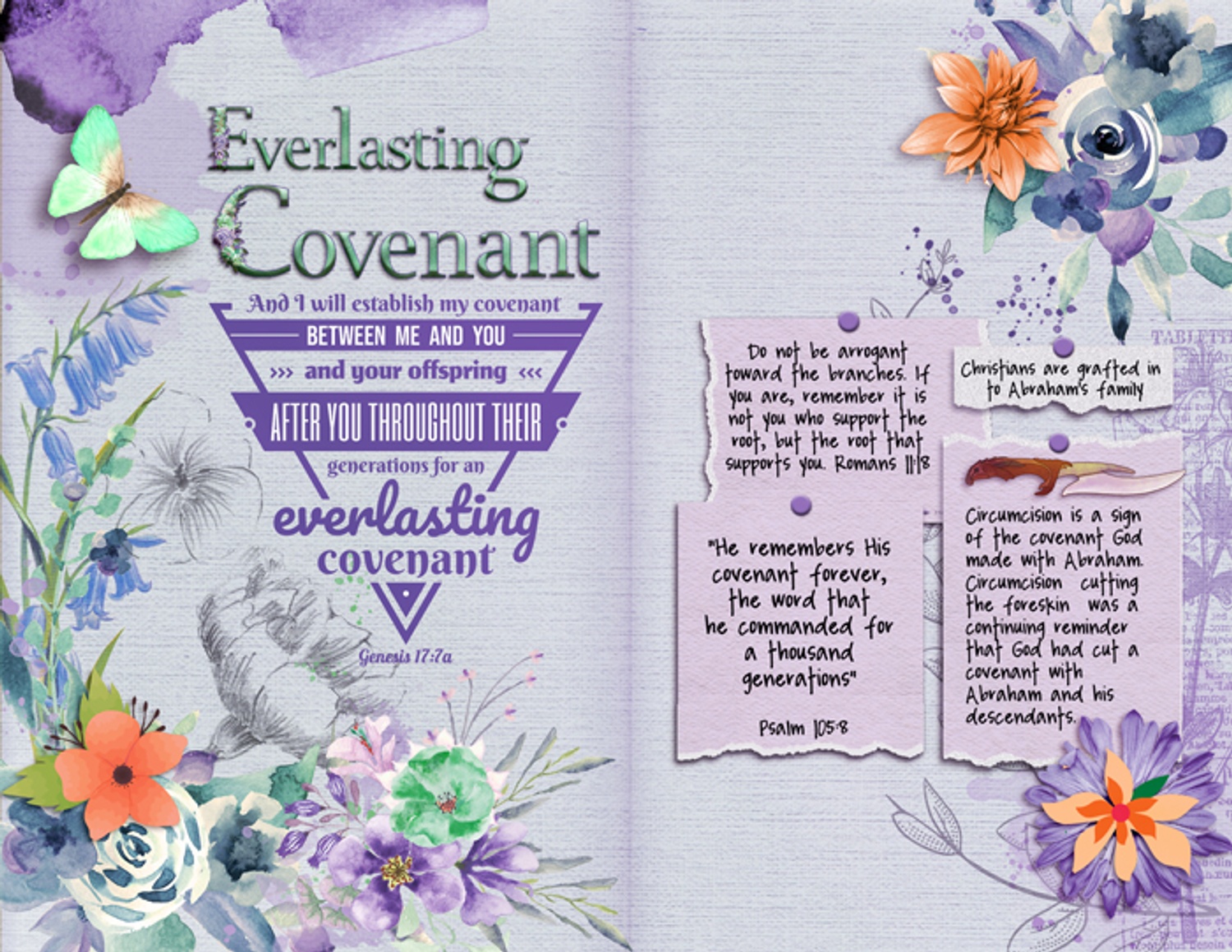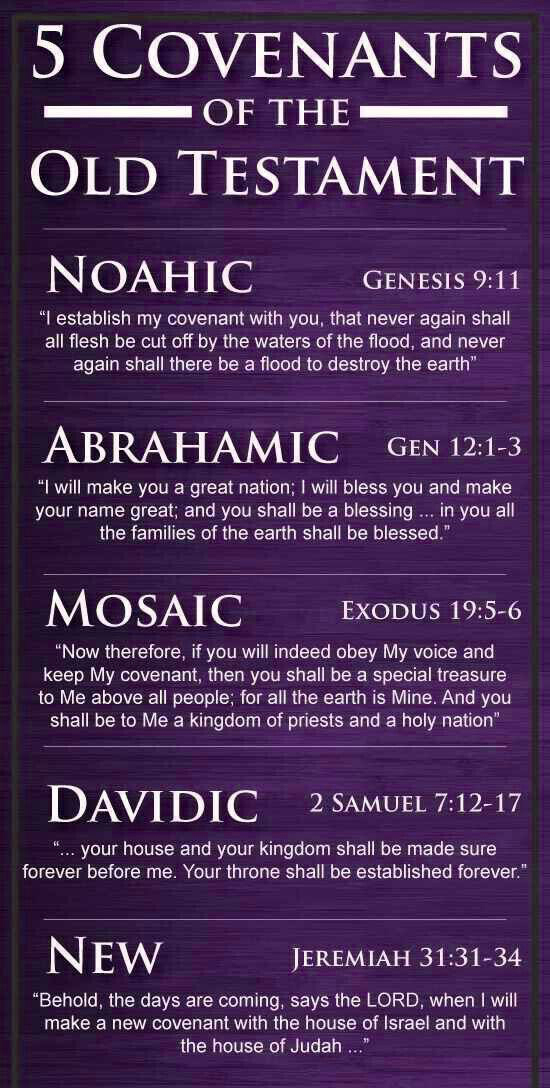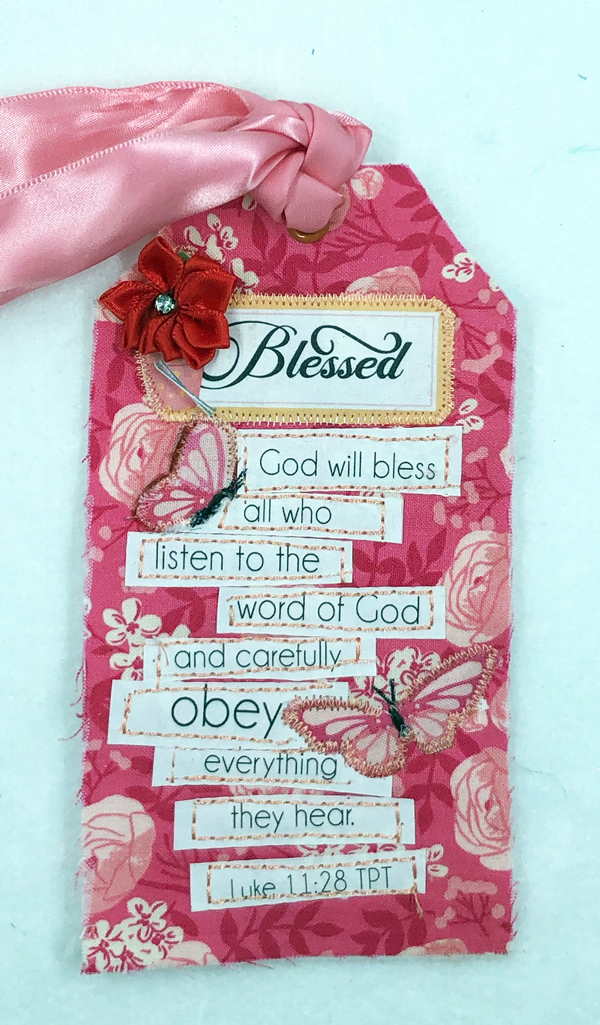
The Hebrew word for covenant berith occurs over two hundred and eighty times in the Old Testament. Covenants in the Bible can be agreements between two individuals, a king or leader and his people, God and individuals, or God and groups of individuals. Covenants can be conditional or unconditional. Conditional covenants are forfeited if one party violates or defaults on his part of the agreement. Unconditional covenants are arrangements in which the default of one party does not negate the ultimate fulfillment and blessing of the covenant.
The Abrahamic covenant is unconditional and appears in Genesis 12:1–3, and the ceremony recorded in Genesis 15 reveals the unconditional nature of the covenant. Abraham's descendants became covenant people with the Lord, chosen to be the people through whom the world's redemption would be worked out.
The Lord's declaration, "I will be your God, and you will be my people," was at the heart of this covenant relationship.

God's covenant with the Jewish people through Moses provided the Torah to exhort and guide them into righteous living, to raise their awareness of sin and the need for repentance, and to teach them to accept God's provision—at first animal sacrifices and later Christ's sacrifice—for healing the separation from God caused by sin.

Covenant Love
The new covenant of Jesus is related to and completes the Old Testament covenants (Luke 1:31-33 Luke 1:31-33, John 3:16-18, Colossians 2:10-12, 2 Corinthians 3:4-18). The Bible uses grafting to explain how a Christian becomes part of Abraham's family through Christ.
As Jesus humbly surrendered to the murderous betrayals of the religious, he formed a new covenant bringing his faithfulness into our disobedience, replacing our hiding, fear, shame, and religion filling our rebellion with his love for his Father.
The Hebrew term chesed refers to covenant love. Yahweh is the God who remembers and keeps his covenants despite the betrayal of people. His faithfulness in keeping his promises proves his love for Israel and all humanity.

The God of love has revealed himself to be giving, sharing, and communicating. His love is intimate and relational. God's immanence must be proclaimed with as much zeal as his transcendence; he is a God who approaches his creatures, seeking fellowship with them.
Yahweh bound himself to his people through his covenants with them in the act of profound love. He exposed himself to great suffering and violence at the hands of his beloved out of love (Rom 5:6–10).
Our covenant with Jesus shows us who we are, why we're here, what's wrong, and how to fix things. Jesus has included us in his relationships with his Father, the Holy Spirit, every person, and all of creation. Covenant is about walking in union with him and getting to know the people he cares about. When we see with Jesus' eyes, care with his heart, and love with his love, we are never more alive, free, or ourselves.
Jesus says in John’s Gospel. ““Abide in Me, and I in you, As the branch cannot bear fruit of itself unless it abides in the vine, so neither can you unless you abide in Me. I am the vine, you are the branches; he who abides in Me and I in him, he bears much fruit, for apart from Me you can do nothing.” John 15:4–6.
Now therefore, if you will indeed obey my voice and keep my covenant, you shall be my treasured possession among all peoples, for all the earth is mine. (Exodus 19:5)
Bible Tag Prompt
As you stitch, think about God's covenant throughout the Bible--one unified story--stitched together. This is the gospel--the good news. Include two overlapping hearts.

Helpful Links
- Verses on Covenant
- Heart ideas on Instagram
- Slow Stich Bible Journal Facebook Group
- Bible Journal Love Facebook Group
- Five Stitches for Hand Lettering Video
- Printing on Fabric Video
- Printing on Fabric with Freezer Paper
My Week 14 Tag
I tried making a video on how to appliqué with wonder under . It took many hours and was failure, but I am learning and will try again. Anyway, I ended up machine stitching this tag.

I'm enjoying my tags hanging on my design wall in my craft room with several WIPs (Works in Progress).













